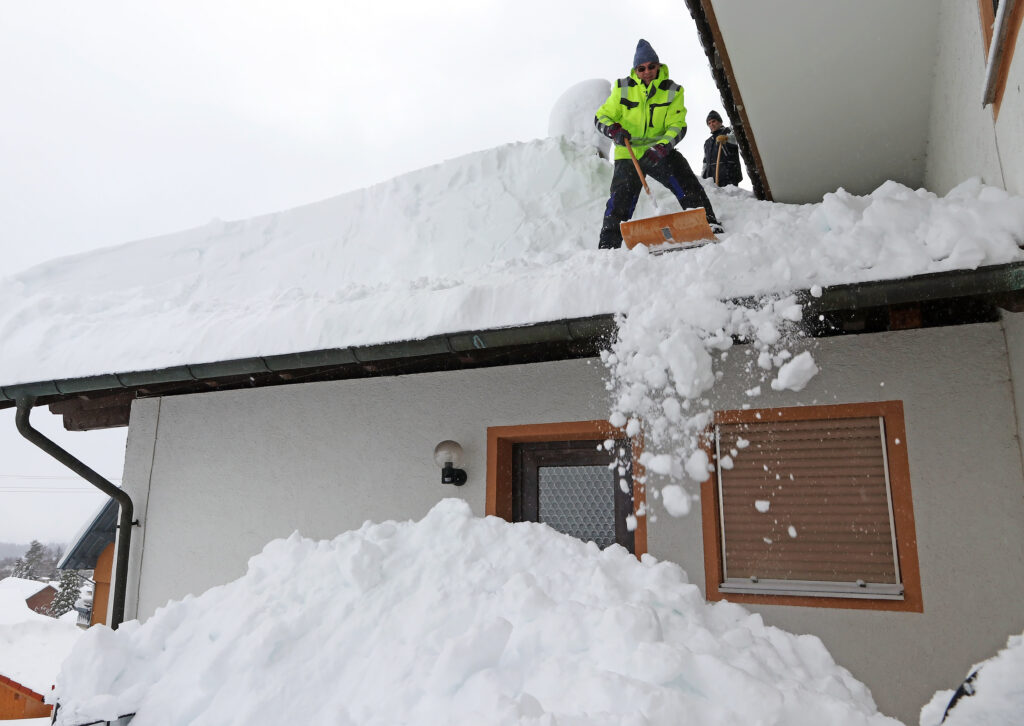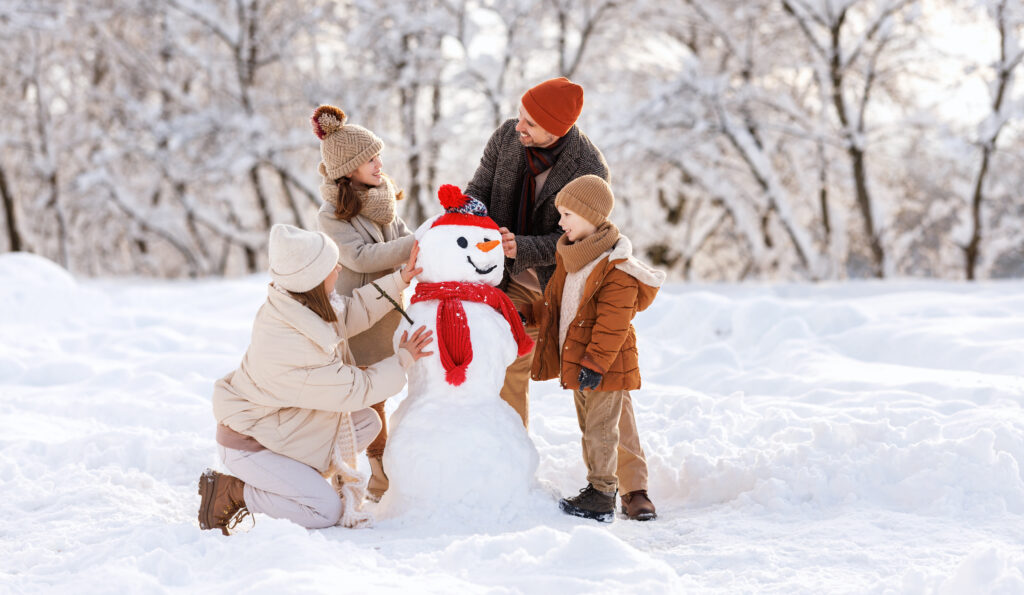How Winter Weather Will Affect Your Roof
It’s that time of year, folks. A real chill has entered the air in the Memphis area, and that usually means at least one bout with winter weather! Pinnacle Roofing wants you to understand just how winter weather will affect your roof, so that you can be well-prepared this coming season!
The Cold Culprits
Some of what we discuss today will apply to more winter-intensive regions, but a whole lot of it can still come in handy for Mid-Southerners.
- Snow Accumulation: The big obstacle here is weight. When snow builds up on a roof, it can cause substantial structural stress. In areas with very heavy snowfall, it can run the risk of roof collapse. Another issue are ice dams, which come from snow melting on the upper, warmer part of the roof, and refreezing on the colder eves. These prevent proper drainage and lead to water infiltration.
- Ice Formation: The freeze-thaw cycle causes icicles to form. Melting and refreezing water usually produces them along roof edges. They might look lovely on your Christmas card, but the reality is that they can cause damage and even safety risks, when they grow extra large.
- Freeze-Thaw Cycle: This process is composed of expansion and contraction. Fluctuations lead to roofing materials being worn down and deteriorated.
- Wind and Storms: Wind damage comes with winter storms, which can remove roofing shingles and expose it to even more issues.
- Tree Limbs and Debris: Snow accumulates on branches and can make them break and fall, causing damage. Debris accumulation can manifest in a buildup of leaves, twigs, and branches, clogging gutters and impeding drainage.
- Extreme Temperatures: Cold in particular can cause roof materials to warp and split.

Prevention Methods
The good news is there are a number of steps you can take to prepare for this weather.
- Regular Inspections: Make sure we look at your roof before winter to find existing issues, and check for signs like missing flashing, loose shingles, or signs of wear.
- Gutter Maintenance: Clean gutters and downspouts to ensure drainage is normal, and install gutter guards to fight debris buildup and ice dam formation.
- Trim Overhanging Branches: If tree limbs pose a direct threat, trim them to prevent damage in a potential fall.
- Attic Insulation and Ventilation: Ensure insulation is up to standards; leaking heat causes ice dams. Proper attic ventilation regulates temperature and minimizes condensation.
- Seal Leaks and Gaps: Seal any gaps or openings on the roof, around chimneys, vents, and skylights. Check for and repair leaks to prevent water damage.
- Install Snow Guards: Snow guards prevent the sudden release of snow or ice from sliding off the roof and causing risk of injury or damage to property,
- Emergency Prep: Always have our number on you in case of damage! Make a plan in case something extreme takes place and causes significant damage to your roof.
- Stay Informed: Keep up with weather forecasts, especially if they are predicting severe winter weather events.
The Best Roofing for Winter
All of these have advantages and considerations to think about, depending on various factors, but these materials will likely be most reliable in the winter months.
- Metal Roofing: Aluminum or steel roofs are resistant to snow and ice buildup and have a long lifespan, and they shed snow easily, preventing excessive weight on the roof. Proper insulation is key to preventing heat loss and ice dams on these roofs.
- Asphalt Shingles: These are a common and cost effective roofing material; they perform well in cool climates and are also resistant to snow and ice. Choose high quality, impact-resistant shingles for the best possible durability. Not all of them are the same!
- Slate Roofing: Slate is a natural stone that is also resistant to snow and ice; it can add aesthetic appeal to homes. It does tend to be quite expensive.
- Synthetic Materials: Synthetic slate or rubber offer decent resistance, and are lightweight and durable.
- Concrete Tiles: These can withstand harsh winter conditions, and are able to handle ice as well as freeze-thaw cycles. They are heavier, so the roof must be built to withstand the weight.
- Cedar or Shingle Roof: Cedar roofs have natural insulating properties and shed snow nicely. They have a rustic appearance, but must be maintained to avoid moss or mold growth.

Keep the Holidays Jolly!
You can’t control the weather, but you can control how prepared you are for potential damage to your roof! In the case of an event, we are always going to be a call away to help you start your repair process, and ensure you have the best resources available to you. If you’re staying in the Mid-South this winter, give us a call at (901) 250-2813 to schedule your free roof evaluation and start planning!
